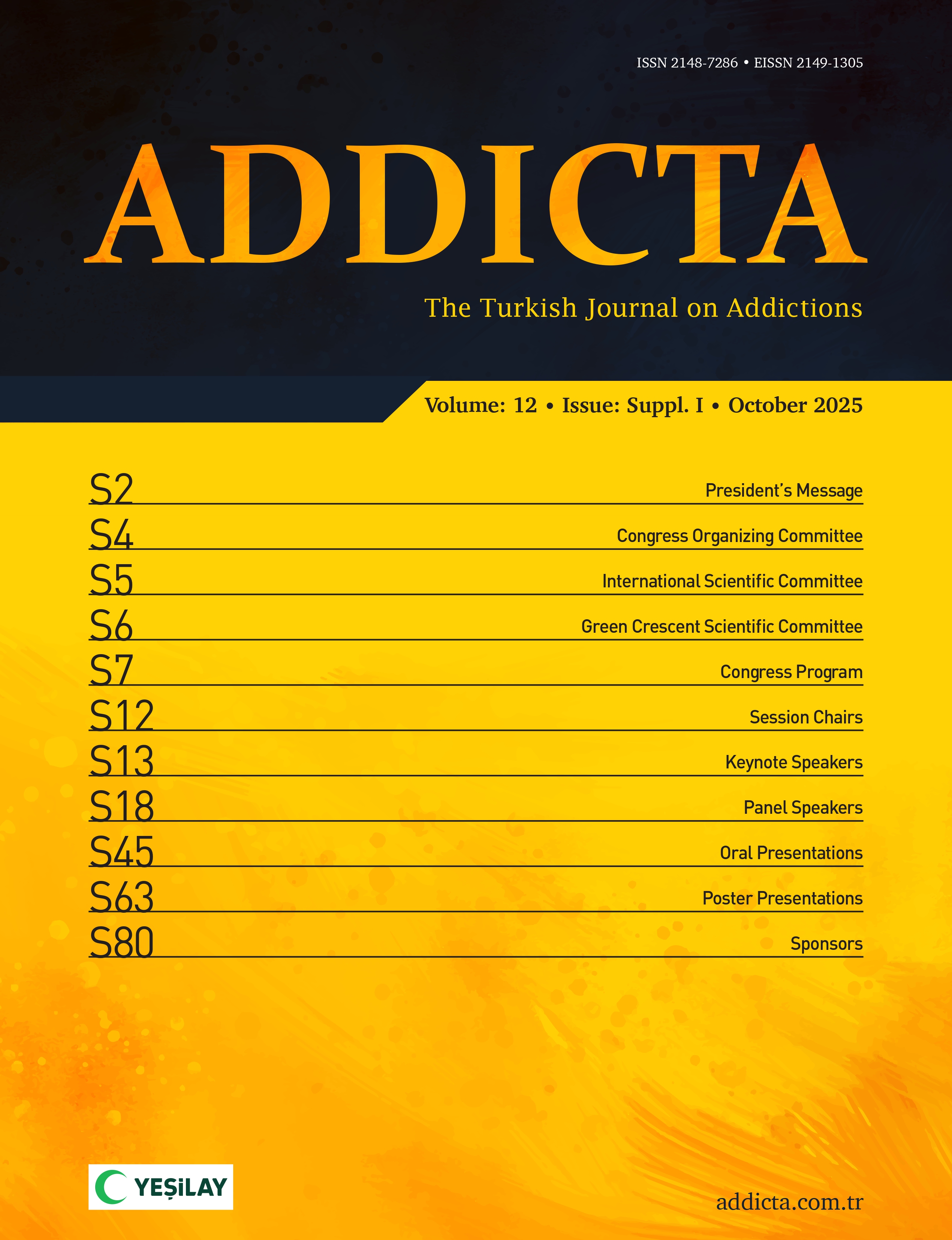The study aims to examine the effect of game therapy on computer game addiction and loneliness in children attending a primary school in Kocaeli. The study was carried out in a pre-test–post-test quasi-experimental design. Data were collected with a sociodemographic data form, loneliness scale for children, and children’s computer game addiction scales. The intervention group (n = 22) and the control group (n = 23) were determined after the pretest data. The intervention group received game therapy for 6 sessions. Descriptive statistics, Kolmogorov-Smirnov, and Wilcoxon tests were applied in the analyses. The findings were calculated at a 95% confidence interval and a .05 significance level. As a result, it was revealed that children’s computer game addiction (p = .006) and loneliness levels (p = .041) decreased statistically significantly after game therapy. It can be said that implementing more game therapy interventions, especially for primary school children, will have a positive effect on children’s computer game addiction and loneliness levels.
Cite this article as: Özdemir, T., Uysal Yalçın, S., & Yüksel, A. (2025). Game therapy as an intervention for computer game addiction and loneliness among primary school students. Addicta: The Turkish Journal on Addictions, 12(2), 228-235.

.png)


.png)
.png)